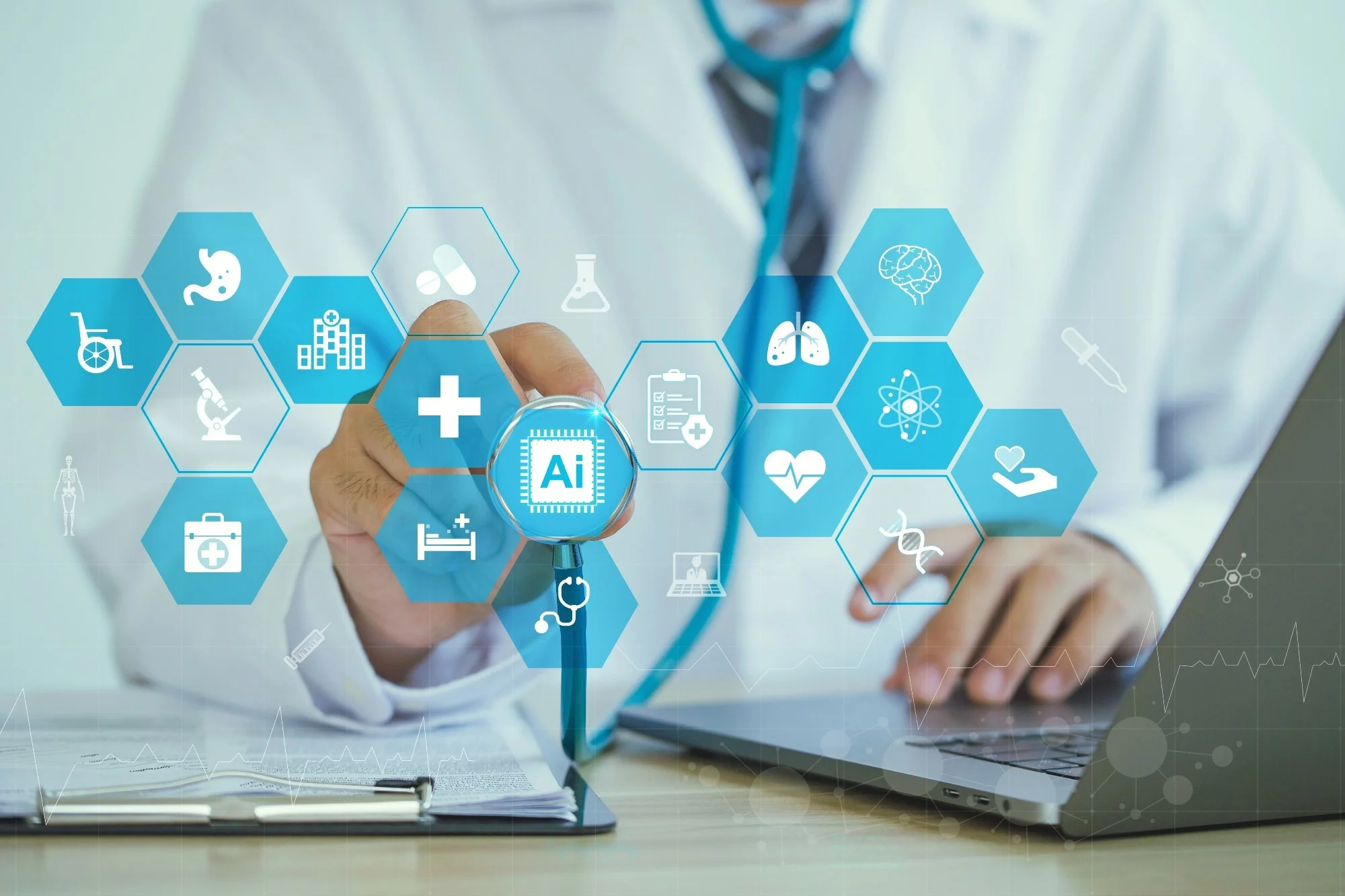Mental health is a critical part of our overall well-being, yet diagnosing psychiatric conditions can be complex and challenging. Thanks to rapid advancements in technology, Artificial Intelligence (AI) and advanced diagnostics are transforming how mental health disorders are identified and managed. This revolution in psychiatry is making diagnoses faster, more accurate, and more personalized than ever before.
Understanding the Challenges in Mental Health Diagnosis
Diagnosing mental health disorders such as depression, anxiety, bipolar disorder, and schizophrenia has traditionally relied on clinical interviews, self-reported symptoms, and behavioral observations. However, these methods are often subjective, time-consuming, and prone to misinterpretation. Misdiagnosis or delayed diagnosis can affect treatment outcomes and patient quality of life.
How AI is Changing the Game in Psychiatry
Artificial Intelligence is emerging as a powerful tool to enhance mental health diagnosis. By analyzing vast amounts of data—including speech patterns, facial expressions, brain scans, and even social media activity—AI algorithms can detect subtle signs of mental illness that might be missed by human observation alone.
AI-Powered Screening and Early Detection
AI-based platforms can provide preliminary mental health screenings using questionnaires and behavioral data. These tools offer early warnings about potential disorders, encouraging individuals to seek professional help sooner. Early detection is key to effective treatment and recovery.
Machine Learning and Pattern Recognition
Machine learning models can analyze complex datasets such as neuroimaging results or genetic profiles to identify biomarkers linked to specific psychiatric conditions. This helps psychiatrists understand the underlying causes and differentiate between disorders that may have similar symptoms but require different treatments.
The Impact of Advanced Diagnostics in Psychiatry
Advanced diagnostic technologies complement AI by providing objective, data-driven insights.
Neuroimaging Techniques
Brain imaging technologies like MRI and fMRI have traditionally been used for research but are increasingly integrated into clinical psychiatry. When combined with AI, these scans can reveal abnormal brain activity patterns or structural differences associated with mental health conditions.
Wearable Devices and Biosensors
Wearable technologies track physiological signals such as heart rate, sleep patterns, and physical activity in real time. AI analyzes this continuous data stream to detect mood changes or early signs of relapse, allowing timely intervention and personalized care.
Genetic and Molecular Diagnostics
Genetic testing helps identify individual susceptibilities to psychiatric disorders and responses to medications. When paired with AI-driven analysis, this enables precision medicine approaches that tailor treatments to each patient’s unique genetic makeup.
Benefits of AI and Advanced Diagnostics in Mental Health Care
- Increased Diagnostic Accuracy: Reducing human error and subjective bias leads to better treatment decisions.
- Faster Diagnosis: Streamlining evaluation processes saves valuable time for both patients and clinicians.
- Personalized Treatment Plans: Tailoring therapies based on genetic and physiological data improves outcomes.
- Continuous Monitoring: Wearables enable ongoing assessment outside clinical settings, supporting proactive care.
- Greater Accessibility: AI-powered apps and tools help reach underserved populations with limited access to mental health professionals.
Ethical Considerations and Future Outlook
While the promise of AI and advanced diagnostics is enormous, ethical concerns around data privacy, algorithmic bias, and patient consent must be addressed. Ongoing research and collaboration between technologists, clinicians, and ethicists are essential to ensure these tools are safe and equitable.
Looking ahead, innovations such as AI-guided psychotherapy, virtual reality treatments, and brain-computer interfaces are on the horizon—pushing psychiatry into a new era of precision and compassion.
Conclusion
The integration of AI and advanced diagnostics is revolutionizing mental health diagnosis by making it more precise, efficient, and personalized. This technology-driven shift holds the potential to improve millions of lives by facilitating early detection, accurate diagnosis, and tailored treatments. As psychiatry embraces these advancements, patients and clinicians alike can look forward to a future where mental health care is smarter, more accessible, and more effective than ever before.


Leave a Reply